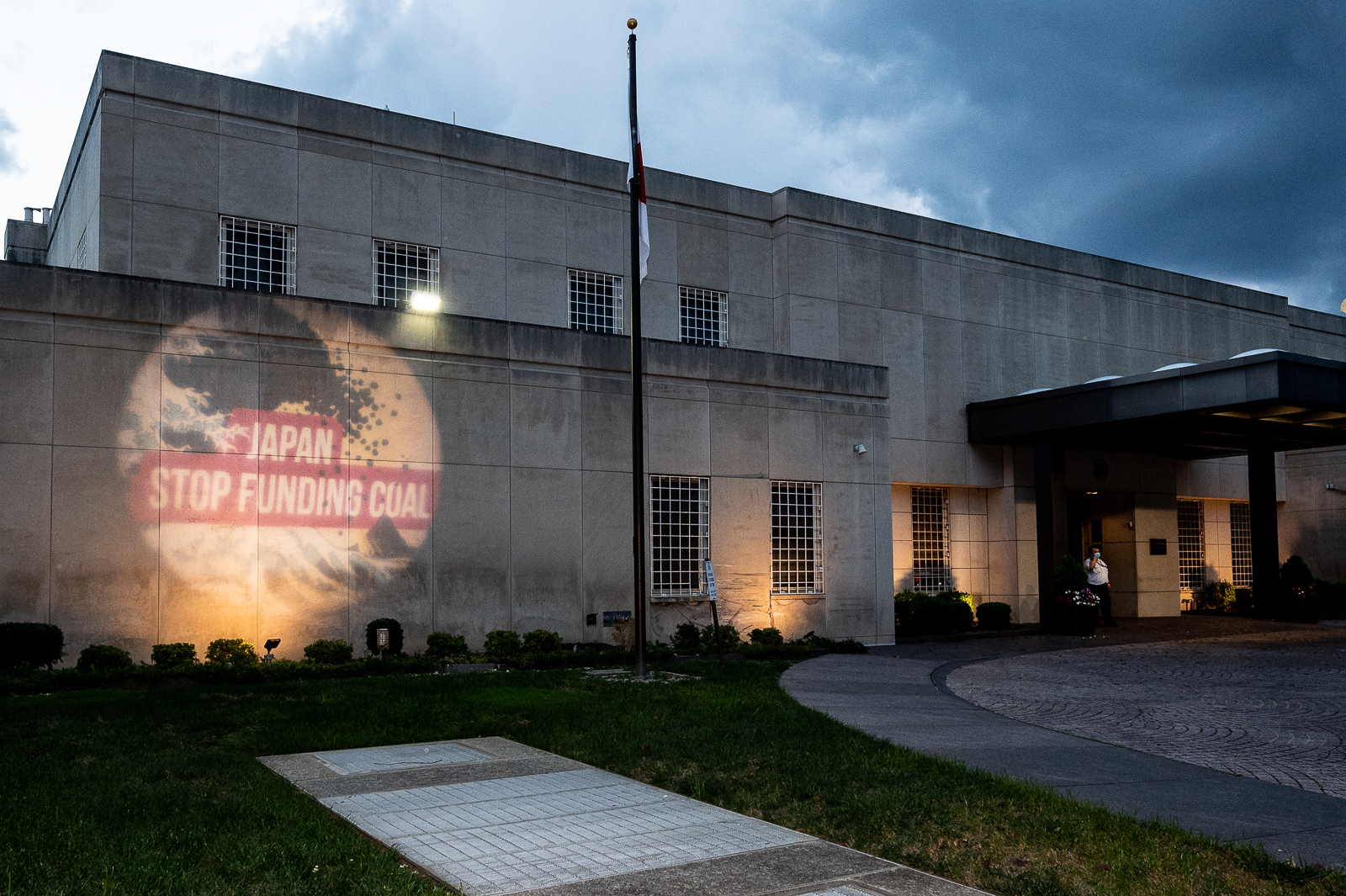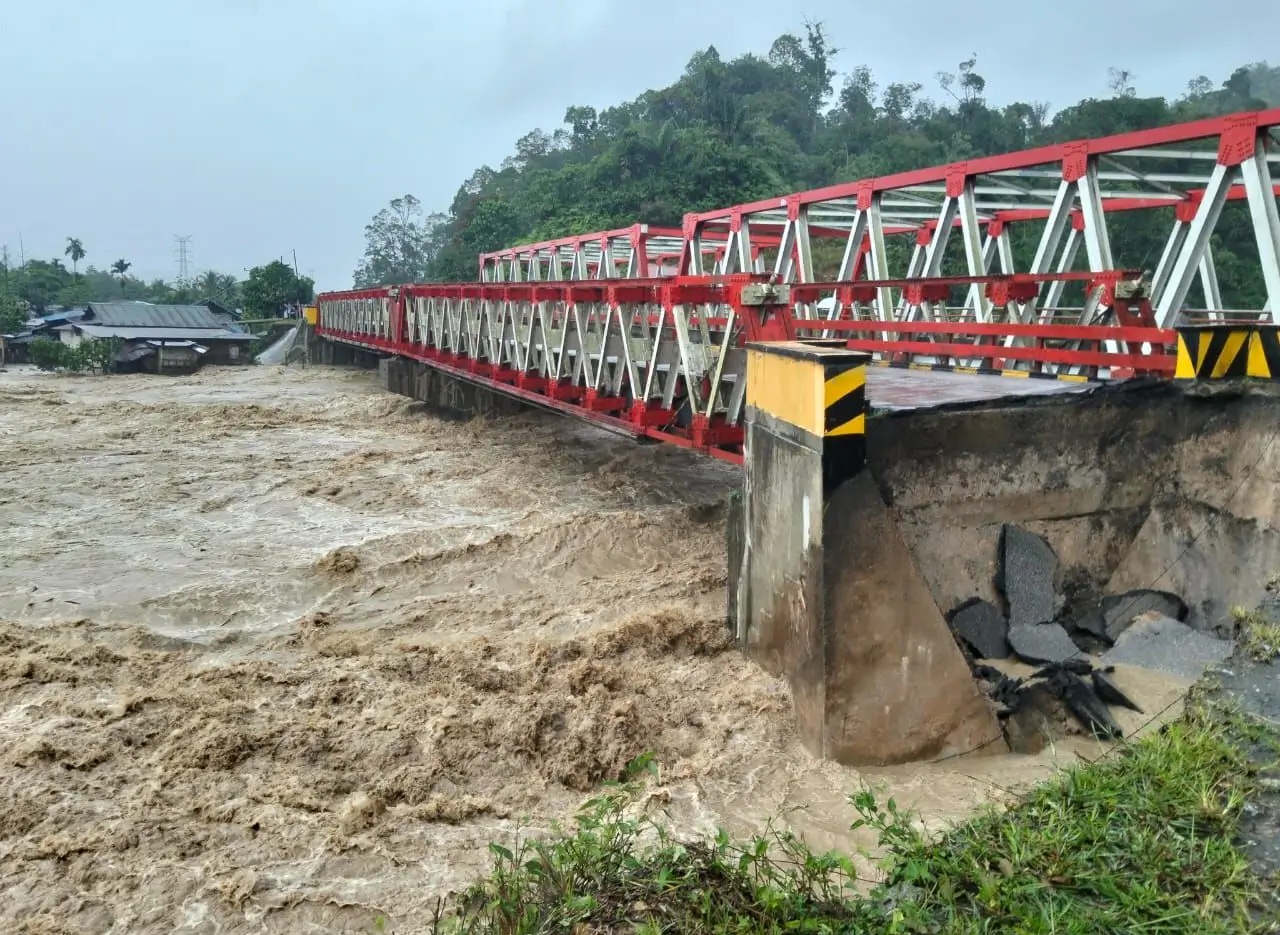
Victory! Sumitomo Corporation Withdraws from Matarbari 2 Coal Plant Project
March 1, 2022
On February 28, 2022, Sumitomo Corporation announced a revision to its climate policy closing the loophole to its “no new coal” pledge. That exception would have allowed the company to proceed with the proposed Matarbari 2 power plant (units 3& 4) in Bangladesh.
“We applaud Sumitomo’s belated realization that the construction of new coal plants runs counter to any realistic climate change strategy,” stated Mighty Earth’s Japan Director, Roger Smith. “As this week’s IPCC report warns of the imminent impacts of climate change, Sumitomo needs to accelerate its adoption of non-biomass renewable energy, hasten the retirement of existing coal plants and transition away from all polluting fossil fuels,” Smith continued.
Environmental organizations in Japan, Bangladesh and globally had criticized Sumitomo for its lead role overseeing construction of the Matarbari 1 coal plant (units 1 & 2) and called upon the company to not have any involvement in the planned Matarbari 2 coal power plant.
The Matarbari coal plants are relics from a different era, made increasingly obsolete by a glut of power capacity in Bangladesh, long delays and cost overruns, and the declining cost of renewable energy relative to expensive fossil fuel imports.
Mighty Earth exposed the controversy over these power plants in a report released to shareholders in advance of Sumitomo’s annual general meeting in June 2021. A shareholder resolution by environmental NGO Market Forces called upon the trading company to align its policies with Paris Agreement goals and garnered the support of 20% of investors, holding $2.5 billion in Sumitomo shares.
Now attention turns to whether the Japanese government will still push forward with the project. Japanese NGOs have called upon the Japanese government and the Japan International Cooperation Agency (JICA) not to move forward with financing for the project. Japan has faced international criticism that Matarbari 2 is inconsistent with last year’s G7 leaders’ agreement to build no new coal plants, as well as a pending complaint at the US Securities and Exchange Commission against JICA’s inclusion of coal projects in JICA bonds marked as coal-free to investors.


